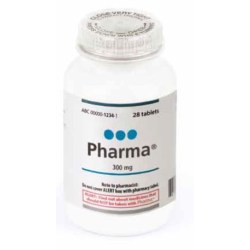If this is your company, CONTACT US to activate Packbase™ software to build your portal.


The Safe Drinking Water and Toxic Enforcement Act of 1986 is better known as California’s Proposition 65. The goal of California’s Proposition 65 is to protect drinking water sources from toxic substances that may cause cancer and birth defects and to reduce or eliminate exposures to those chemicals generally by requiring warnings in advance of those exposures.
Proposition 65 requires the State of California to publish a list of chemicals known to cause cancer or birth defects or other reproductive harm; the list must be updated at least annually. Since 1987, the list has steadily grown to include approximately 800 chemicals, the most recent update was issued in December of 2015.
Under California’s Proposition 65, businesses are required to notify Californians about significant amounts of chemicals in the products they purchase, in their homes or workplaces, or that are released into the environment.The purpose of this notification is to make sure that California residents are informed of the potential products they use and help protect themselves from exposure to chemicals listed in Proposition 65.
A Los Angeles Times article from November 2009 by Brendan Borrell indicated that California’s Prop 65 has worked much like a double edged sword for the residents of the state. Some opponents have stated that the law has exaggerated a particular class of long-term theoretical risks related to cancer and reproductive health and makes it harder for people to make reasonable choices.
Advocates believe the law has served to improve residents health by keeping them informed. Environmental experts believe that it is beneficial to issue a warning well before a person reaches a harmful threshold. Regardless of an individual’s opinion of the law, Prop 65 has affected many manufacturers across all industries and states.
For a closure manufacturing company, such as Tecnocap, California Proposition 65 is of interest not in regards to tinplate, but coatings used on the tinplate.
As reported on, the California’s Office for Environmental Health Hazard Assessment, “Effective May 11, 2015, the Office of Environmental Health Hazard Assessment (OEHHA) added Bisphenol A (BPA) (CAS No. 80-05-7) to the list of chemicals known to the state to cause reproductive toxicity for purposes of the Safe Drinking Water and Toxic Enforcement Act of 1986 (Proposition 65).”
Although shipments of Tecnocap closures are sent throughout the country, Tecnocap is asked by many distributors to comply with Proposition 65. Dozens of products, which are manufactured and packed outside of California, will ship to California stores for use by the public.
BPA in recent years has been the focus of much attention by the media and government agencies.
Based on most studies the largest exposure humans have to BPA is by mouth from such sources as food packaging, the epoxy lining of metal food and beverage cans, and plastic bottles.
Due to growing concerns in the recent years, Tecnocap has found suppliers that employ Polyester BPA-NI coatings. BPA-NI simply means Bisphenol A non-intent or with no BPA intentionally added. The interior coating supplied by Metlac provides a BPA-NI product which complies with California Proposition 65.





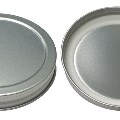
.jpg)
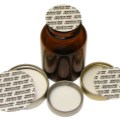


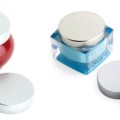
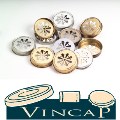
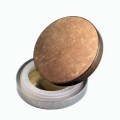
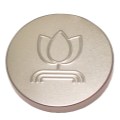
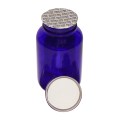
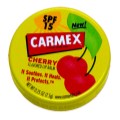












.jpg)

